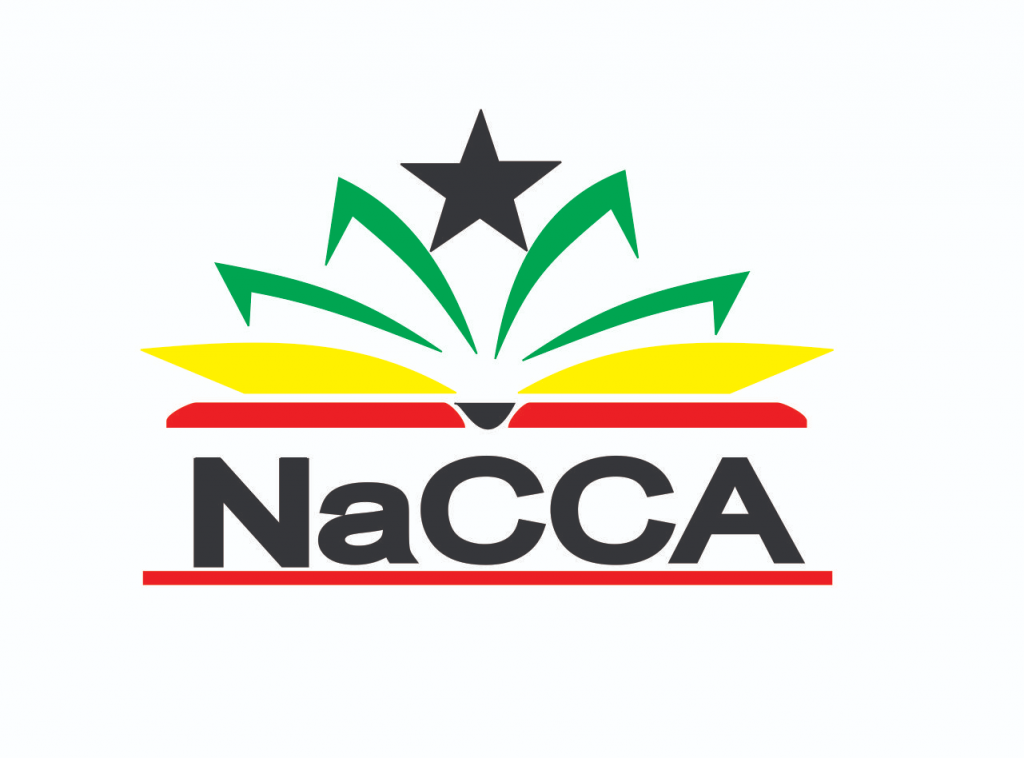Stakeholder engagements is to engender a curriculum that emphasizes problem-solving- NaCCA

The Director, of Corporate Affairs of the National Council for Curriculum and Assessment, Rebecca Abu Gariba, says, the National Council for Curriculums and Assessment has been entrusted with a critical mission by the Education Regulatory Bodies Act of 2020 and 2023.
Speaking on the updates on Secondary Education Curriculum Reforms in Accra, Madam Abu Gariba highlighted that, the Council is tasked with developing and approving the national curriculum and assessment standards for pre-tertiary education, NaCCA’s mandate covers all levels, from kindergarten through to senior high school.
She emphasized that this includes not only the development of teaching and learning materials but also the approval of textbooks. Moreover, NaCCA is responsible for reviewing existing subjects and recommending new ones to improve the educational framework. According to her, the importance of this initiative, highlighting the goal of providing quality education at all levels.
This education aims to equip learners with the necessary skills, competencies, and awareness to become functional citizens contributing to national goals.
“The Educational Strategic Plan 2018-2030 underscores the need to focus on foundational skills such as reading, writing, arithmetic, and creativity, particularly at the basic education level. Recognizing the critical role of these skills in a student’s educational journey, NACA’s efforts are geared towards ensuring that the curriculum remains relevant and effective”. She stated.
She pointed out that the current senior high school curriculum, last reviewed between 2007 and 2010, has been criticized for its undue emphasis on rote memorization and summative exams.
This approach has been deemed inadequate for fostering essential life skills, critical thinking, and problem-solving abilities. The traditional methods of teaching, which include lecturing, note-copying, and early specialization, have not prepared students to apply theoretical knowledge in practical settings.
“This issue is evident even among top students, such as those participating in national quizzes, who excel in theoretical knowledge but struggle with practical applications”.
Clearly, in response to these challenges, NaCCA is engaging over 20 stakeholders to gather diverse insights and recommendations. The aim is to develop a curriculum that emphasizes problem-solving, analytical comprehension, research, writing skills, and the application of knowledge to real-life problems.
The new curriculum will also focus on strengthening soft skills, moral values, Ghanaian languages, and cultural understanding. Hence, the revised curriculum aims to balance knowledge acquisition at the basic level.





